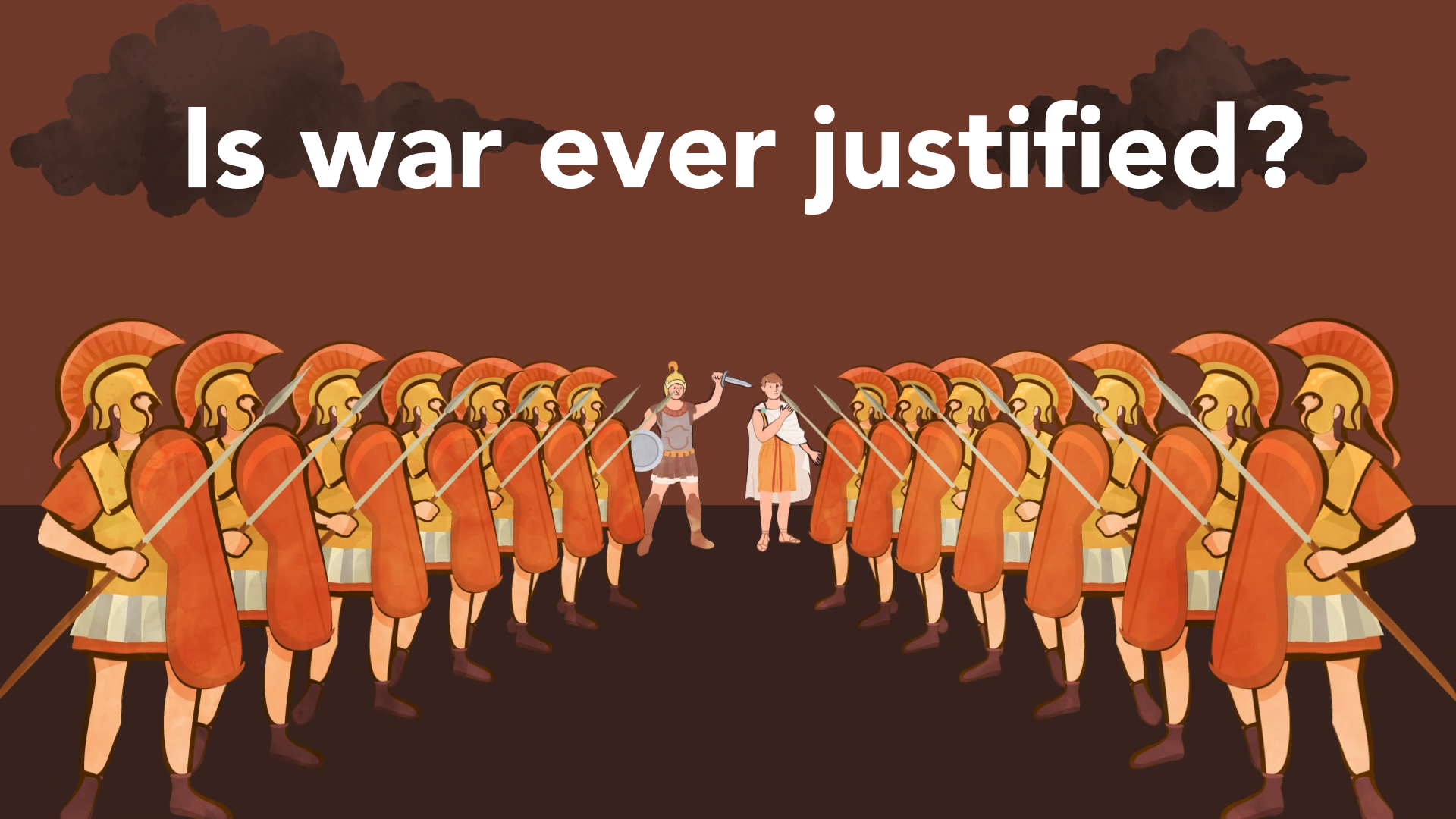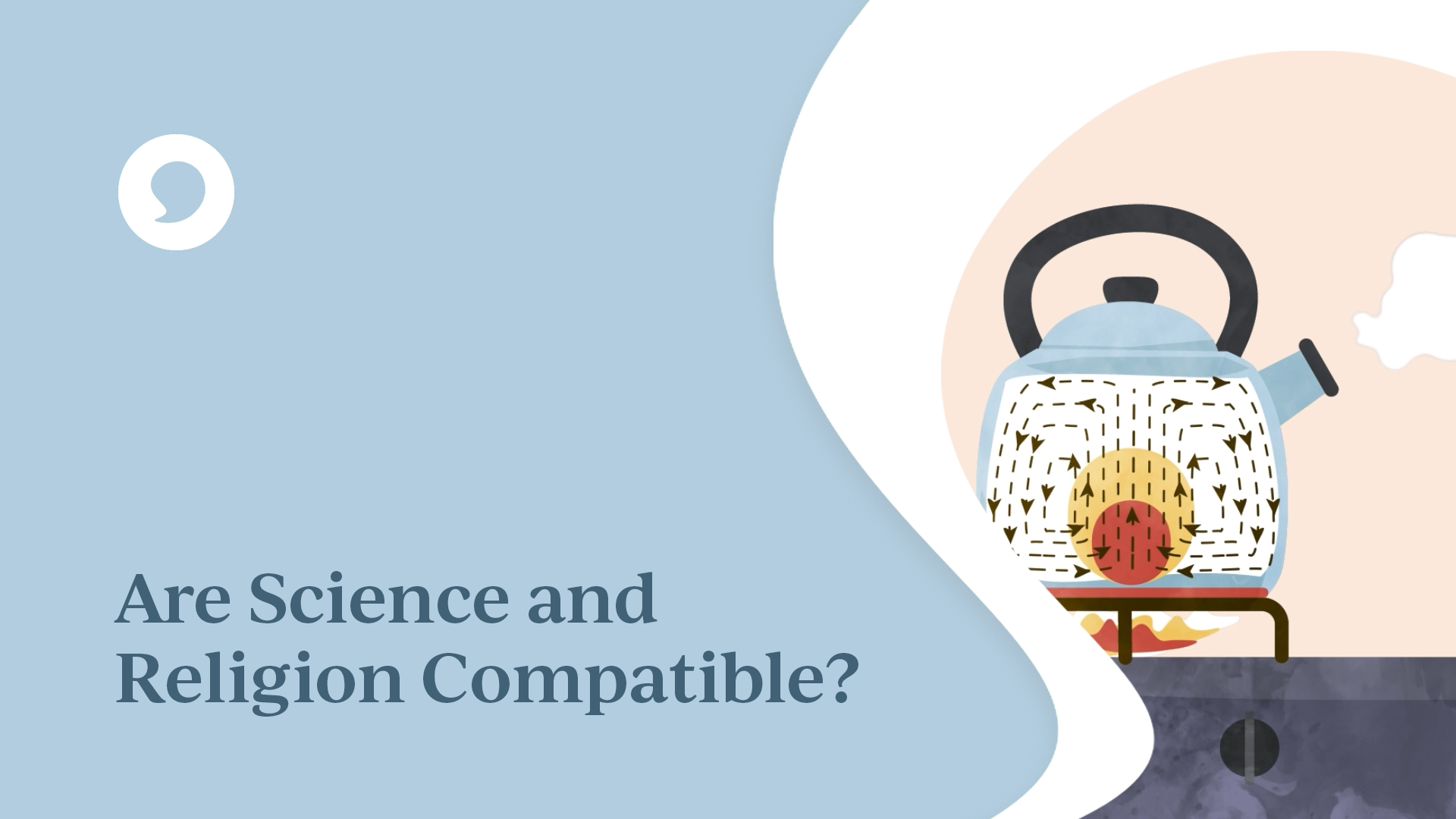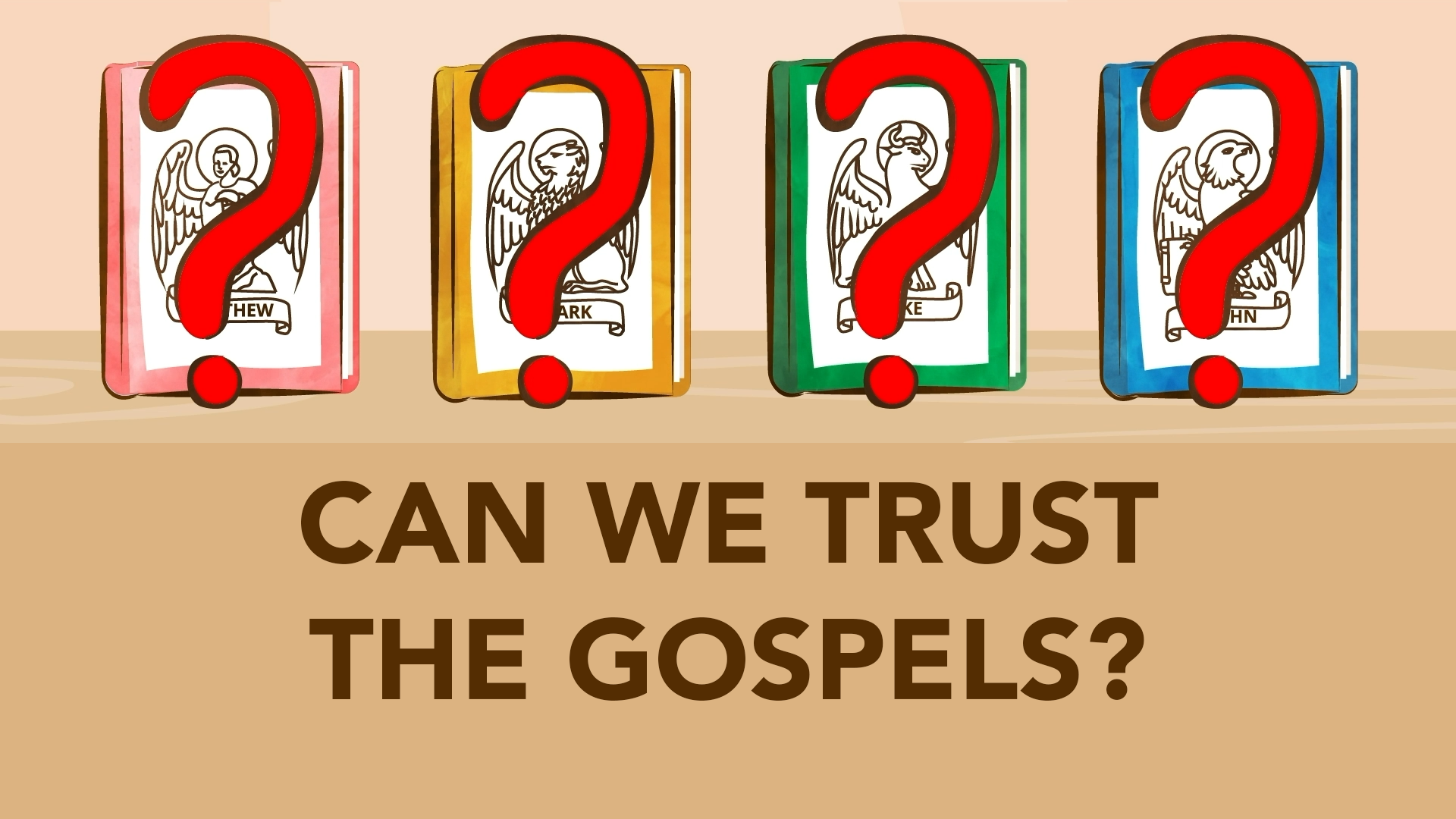One of the oldest questions in the human experience... asked by people in all times and places throughout history is... why bad things happen. When tsunamis drown cities, or terrorists kill, or a child dies of cancer, we wonder, "Why would a good and loving God allow such horrible events to happen to us?"
When you're confronted with this question, here are three things to consider.
Why Do Bad Things Happen to Good People?
You’re in a conversation and someone asks, “Why do bad things happen to good people?” What would you say?
One of the oldest questions in the human experience... asked by people in all times and places throughout history... is why bad things happen. When tsunamis drown cities, or terrorists kill, or a child dies of cancer, we wonder why a good and loving God would allow such horrible events to happen to us.
While there are no easy explanations for any specific incident of evil and suffering, Christianity offers an explanation of reality that is big enough to acknowledge and explain human suffering, while also giving us reason to trust that God is in control and is still good and loving.
The next time someone asks, “Why do bad things happen to good people?” here are three things to remember:
First, to meaningfully talk of “bad things” and “good people” requires that we live in a moral world.
When skeptics and cynics claim that an all-powerful, all-good God would never allow bad things to happen to good people, they are assuming we live in a world where it makes sense to speak of “bad things” and “good people”... a world in which there is such a thing as good and bad, and that humans can know the difference between good and bad.
But what are “bad things” in a world without God, in which death, violence, and natural disasters are just natural parts of an evolutionary process? What are “good people” if human behavior is really no different than animal instinct, within a world in which “survival of the fittest” ultimately determines the future of all living things, and humans have no freedom to act against it?
In other words, a universe without God is not a morally intelligible one.
When we recognize something as “bad,” we are suggesting that whatever happened is not the way it is supposed to be. But if there is no Creator, no design or purpose to the world, then there is no way things ought to be, only how they are. And there is no moral standard to which humans are accountable.
But we do sense the world is a moral place and we have an ability to know when something is bad. If there is no God, that sense is meaningless.
Second, Christianity teaches that bad things are the result of sin.
Christianity acknowledges that often this world “is not the way it’s supposed to be.” Suffering, violence, and acts of evil are deviations from God’s original intention for the world and for people who are created in His image and were tasked with caring for the world.
How did the world get this way? The Bible’s answer is that when the first humans used their God-given freedom to disobey God, the world was plunged into moral and natural chaos.
So, in an ultimate sense, bad things happen in the world because of people. We live in a world that is deeply marred by human sin and in which people, who are deeply marred by sin, often make bad choices that continue to harm the world and each other.
Many wonder why God would ever allow humans to ruin His creation... Why doesn’t He prevent them from committing acts of evil against each other? Why doesn’t He just put a stop to all the bad things in the world?
These are all very good questions, and there are answers that are plausible... for example, God wished to create creatures who were not forced to obey but would choose to love Him and others freely. God wanted humans and not robots. And to rid the world of the evil humans caused would be to rid the world of humans.
As C.S. Lewis wrote, the gift of freedom makes evil possible, but it “is also the only thing that makes possible any love or goodness or joy worth having.” God apparently thought this “a price worth paying.”
Not everyone finds the Christian explanation of evil and suffering satisfying, especially in the face of personal suffering. But, unlike atheism, Christianity has an explanation to offer. Even more, God offers Himself to those who suffer.
Third and most importantly, God’s final answer to sin and suffering is Jesus Christ.
The sinless Son of God, Jesus Christ, was a truly “good person” who suffered evil and injustice. In other words, God experienced what it’s like to live in this fallen world, to suffer injustice, to weep by the grave of a friend, and to be abandoned by those closest to him, even to be abandoned by God as He bled and suffocated to death. He experienced it all and can say to anyone who has endured evil or suffering: “I feel your pain.”
God did not abandon us in this fallen world of sin and suffering. The central teaching of Christianity is that in the person of Jesus Christ, God entered the world He made, shared in the suffering of those He made in His image, bore the weight of our sin and guilt, to reconciled us to God and, one day, to restore all things. Rather than exempting Himself from the evil humans caused, Jesus took it on the cross, tortured to death, but ultimately defeating it by rising from the dead three days later.
In other words, the answer to the anguished human question, why doesn’t God just do something is, He did. And no other religion or explanation of reality offers what Jesus has done.
As the theologian Edward Shilito described, after witnessing the horrors of World War I:
The other gods were strong; but Thou wast weak;
They rode, but Thou didst stumble to a throne;
But to our wounds only God’s wounds can speak,
And not a god has wounds, but Thou alone.
Though Christianity does not offer an explanation for every particular act of evil or experience of suffering, it explains why should hate and grieve these things, while also knowing that God hates and grieves them more... so much so that He acted. And Scripture promises that Jesus, who shared in our suffering, will one day wipe away every tear from our eyes.
So, the next time someone asks, “Why do bad things happen to good people?” remember these three things:
First, to meaningfully talk of “bad things” and “good people” requires that we live in a moral world.
Second, Christianity teaches that bad things are the result of sin.
Third and most importantly, God’s final answer to sin and suffering is Jesus Christ.



 Colson Center
Colson Center


